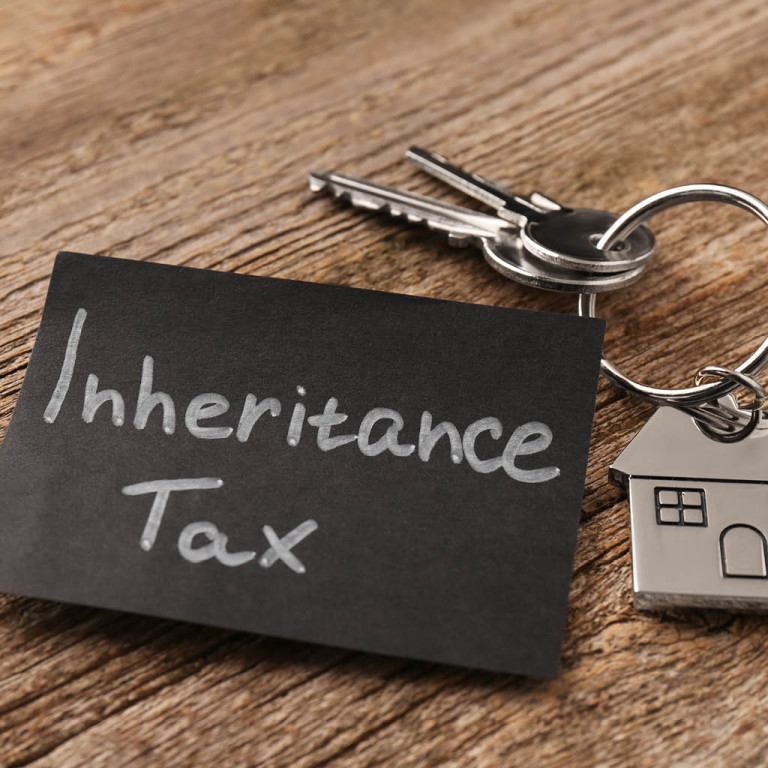The cost-of-living crisis has left many families feeling the pinch over recent months and raids on inheritance tax by HMRC have not let up adding to the financial burden on many estates.
Recent figures released by HMRC show that inheritance tax receipts were up 18% this financial year to January 2023 compared to the same period in the previous year. Whilst many commentators put this down to a combination of the freeze in the inheritance tax-free allowances and the increase in house prices, there has also reportedly been a shift in the way in which HMRC probes inheritance tax applications.
In particular, HMRC is taking a much closer look into lifetime gifts made by a deceased and into the valuation of personal possessions.
Lifetime gifts
Where gifts are made from a deceased’s estate in the 7 years before their death, these may be taken into account for inheritance tax purposes, if the gifts made are above their annual tax-free allowances. It is the Executor's role to investigate and report lifetime gifts to the Revenue. Reports suggest that there has been an increase in HMRC enquiries over reported gifts and so it is important that Executors can demonstrate that they have taken appropriate steps to investigate lifetime gifts made by the deceased.
Valuing personal possessions
Executors must also report the value of the deceased’s possessions when administering an estate. The valuation must be made following the conditions set out in s160 of the Inheritance Tax Act 1984, ‘the price which the property might reasonably expect to fetch if sold on the open market at that time.’ This includes all personal items owned by the deceased. It has been reported that HMRC is probing Executors on these valuations and so it is increasingly more important for Executors to be on the front foot of these enquiries and be able to demonstrate that they have made appropriate enquiries about a deceased’s possessions and to appoint a suitably qualified valuer to value items were necessary.
How can we help?
If you have concerns about your inheritance tax position and would like some advice about how to mitigate your tax position on death, or, if you are an Executor and need advice about your reporting duties then get in contact with our expert team who would be happy to advise you.





